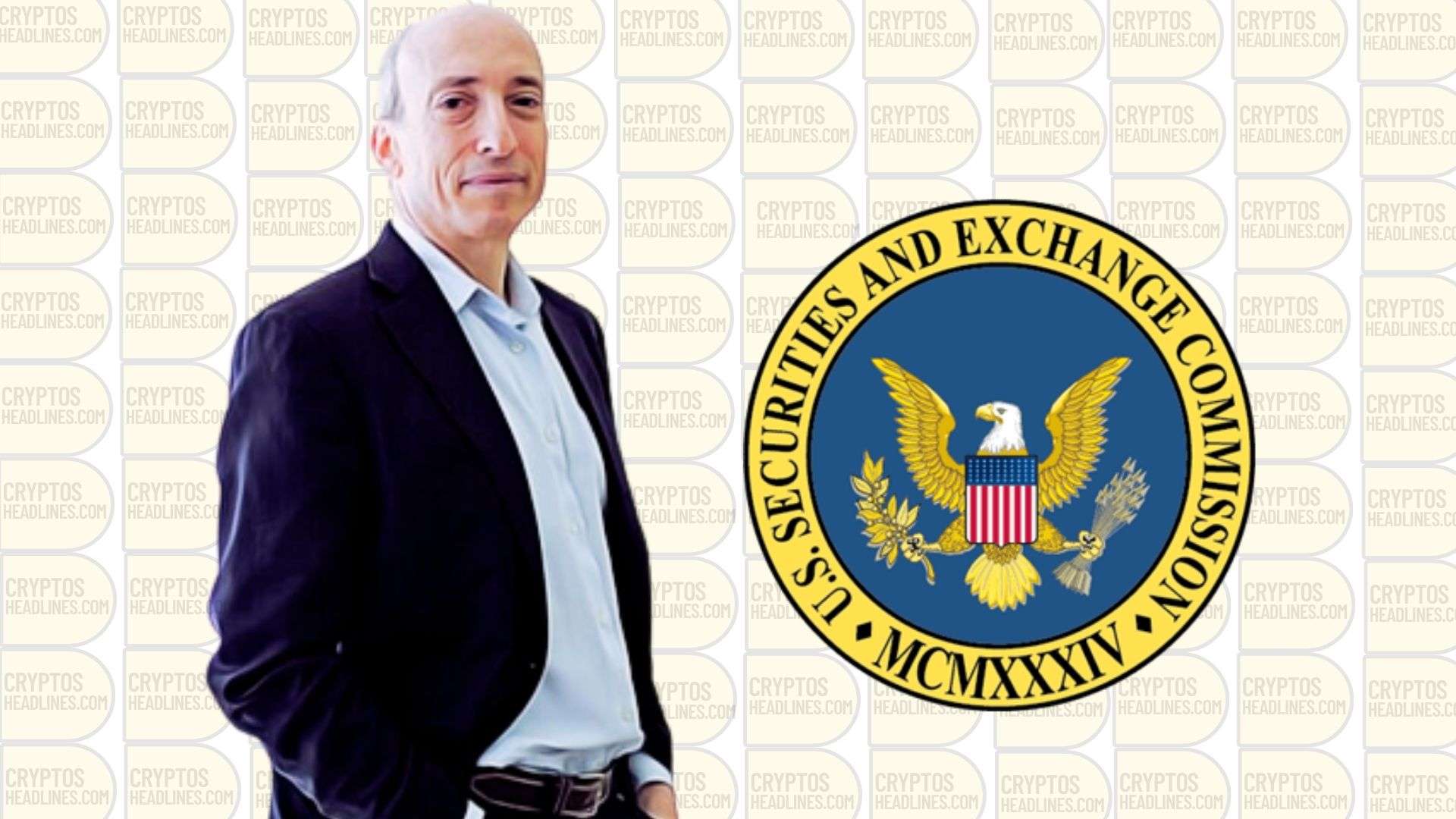Attorney Fred Rispoli proposes SEC could skip Ripple trial for settlement leverage, citing case weaknesses. SEC’s resource-based wait-and-see approach might lead to interesting outcomes if it fails.
The crypto community is buzzing about the upcoming showdown between the SEC and Ripple. Everyone’s speculating about what might happen. Although there’s a basic decision already, Ripple’s leaders, Brad Garlinghouse and Chris Larsen, are still on track for a trial with a jury.
But here’s the twist – will the case even go to court? Keep reading.
Well-respected lawyer Fred Rispoli is now a big voice saying the trial might not actually happen. Rispoli explains why the SEC might skip a big showdown and what’s on the line.
#XRPCommunity
Seeing many out there speculate the @bgarlinghouse @chrislarsensf trial won't happen. For many reasons, I agree. First, it's painfully obvious that suing those two initially was only to pressure @Ripple into a weak settlement position. Two, imagine Hinman…1/5— Fred Rispoli (@freddyriz) August 24, 2023
Rispoli thinks that going after Garlinghouse and Larsen wasn’t just about the law. He believes the real goal was to push Ripple into a position where they might agree to a settlement. This means putting pressure on the important people in the company.
The Attorney’s Explanations
Rispoli points out several reasons why the SEC might be in a weak position:
1. Possible Court Setbacks: Putting SEC figures like Hinman and Clayton on the witness stand in New York, a politically charged environment, comes with risks. Associations with the “Trump Administration” could influence the jury against them.
2. Recklessness Claim Doubts: The SEC’s claim that Ripple was reckless in its institutional sales might not hold up, given the widespread acceptance of similar sales in the industry.
3. Lack of Clear Evidence: Differentiating between domestic and international sales is a challenge, as the evidence supporting the SEC’s stance appears weak.
4. Trial Team Changes: The SEC recently changed its trial team significantly, which might indicate internal issues or unpreparedness.
5. Tight Schedule: The SEC has a series of trials leading up to the Ripple case, raising concerns about their readiness.
Rispoli concludes that the SEC’s strategy might be to wait until the last moment, using its vast resources. In typical cases, both sides might settle to avoid high legal costs.
However, the SEC, funded by taxpayers, doesn’t feel the same pressure. Yet, if their risky strategy fails, the aftermath could be quite intriguing.
Important: Please note that this article is only meant to provide information and should not be taken as legal, tax, investment, financial, or any other type of advice.
Join Cryptos Headlines Community
Follow Cryptos Headlines on Google News











